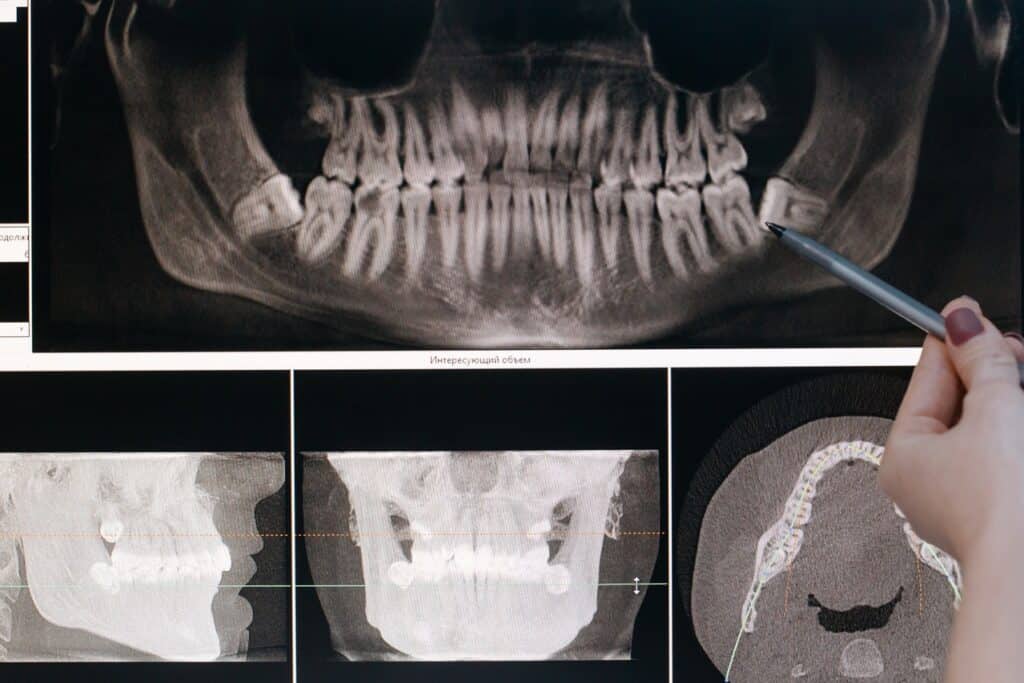A lot of people get nervous when they’re told they need to have their wisdom teeth removed. No one really wants to have a tooth removed — most people associate wisdom teeth removal with pain and this, naturally, can cause a lot of anxiety.
The good news is that wisdom teeth removal is not a complicated or painful procedure. As dentists, we want to make you as comfortable as possible during any procedure and we certainly don’t want to cause you any pain. A local anaesthetic around the impacted tooth and gum is standard, and there are various other sedation options available for nervous patients.
There are also two options available for extraction: in-chair and surgical wisdom teeth removal. In this article, we explain why you might need your wisdom teeth removed and the pros and cons of each option.
Why do I need my wisdom teeth removed?
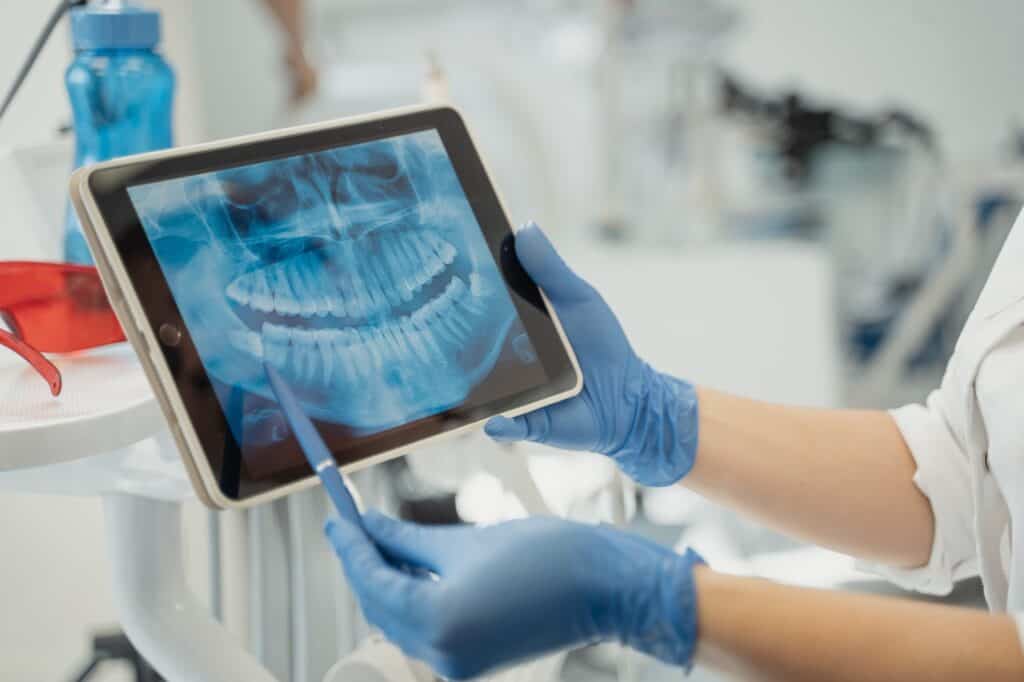
Image: Pexels
Wisdom teeth, otherwise known as the third molars, generally come through during your late teens and early twenties. Because they are the last permanent teeth to come through, there is often not enough space in your mouth to accommodate them. This can cause the rest of your teeth to become crowded or the tooth/teeth can become “impacted”, leading to problems like infection, inflammation, tooth decay, swollen/tender gums and a general feeling of being unwell.
Sometimes this problem can be solved with root canal therapy but we generally recommend wisdom tooth removal as a longer-term solution.
Pros and cons of in-chair wisdom teeth removal
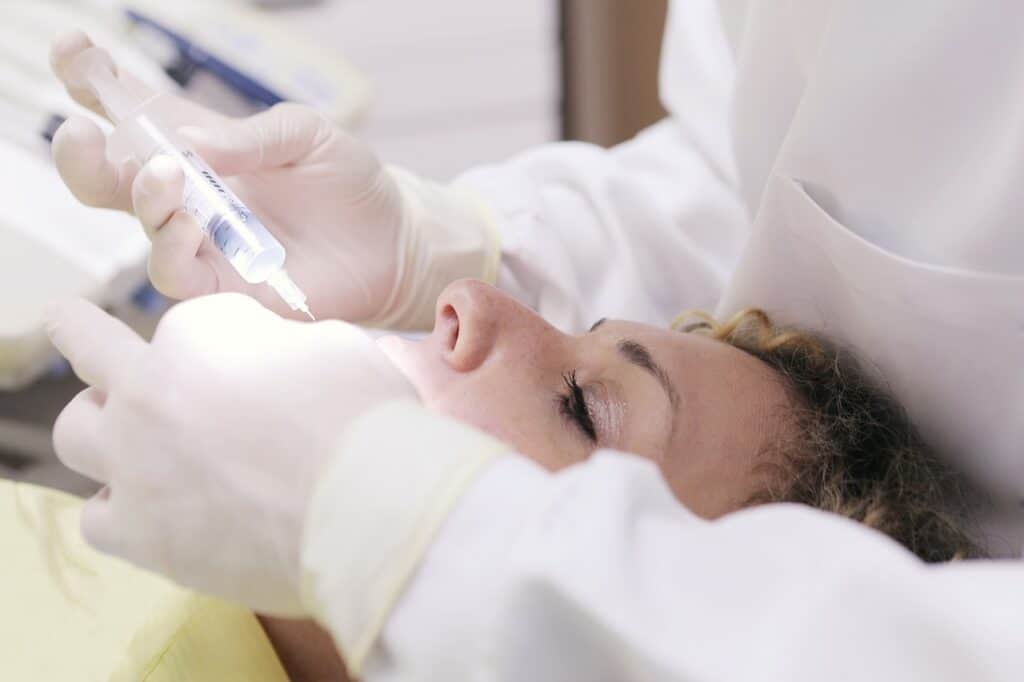
Image: Pexels
Wisdom tooth extractions can be done in the chair with your regular dentist and it’s usually a simple, straightforward and painless procedure. Before removing the tooth, your dentist will numb the tooth and surrounding gum using a local anaesthetic. You won’t be able to feel any pain during the procedure but you will feel some gentle pressure and movements.
If you’re feeling particularly nervous about the procedure (it’s more common than you think), we can sedate you for an extra cost. Once the teeth have been removed, we will place a sterile gauze pillow in the socket to help enable a blood clot to form and begin the healing process.
Here’s a quick run-down of the pros and cons of in-chair wisdom teeth removal.
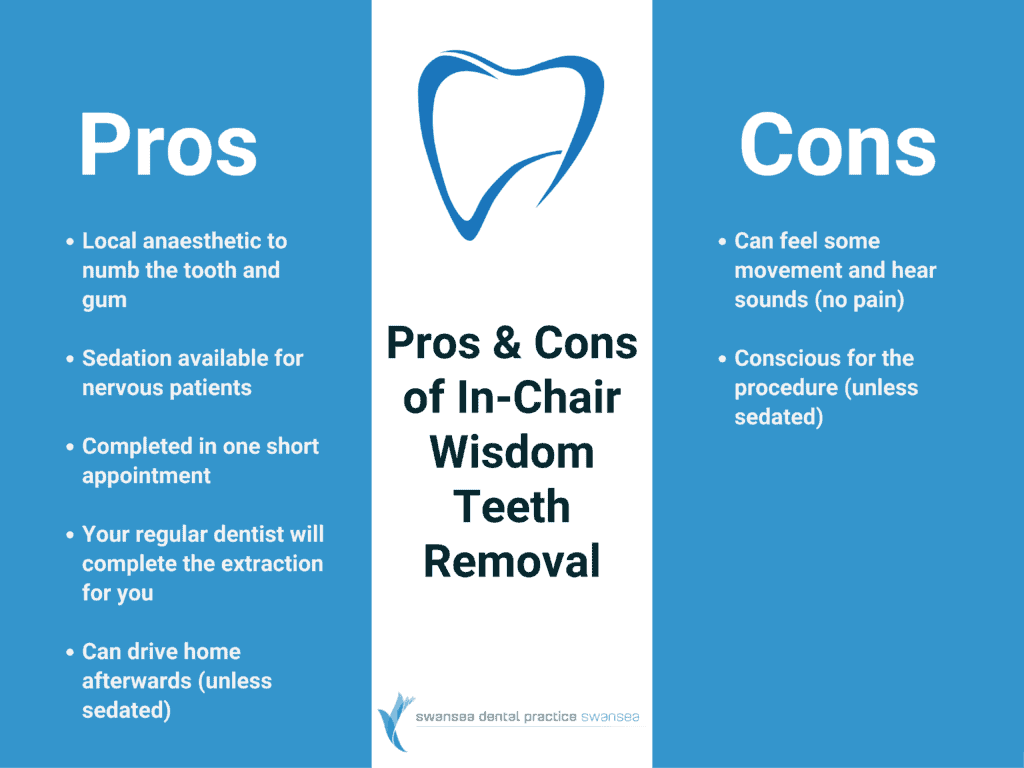
Pros and cons of surgical wisdom teeth removal
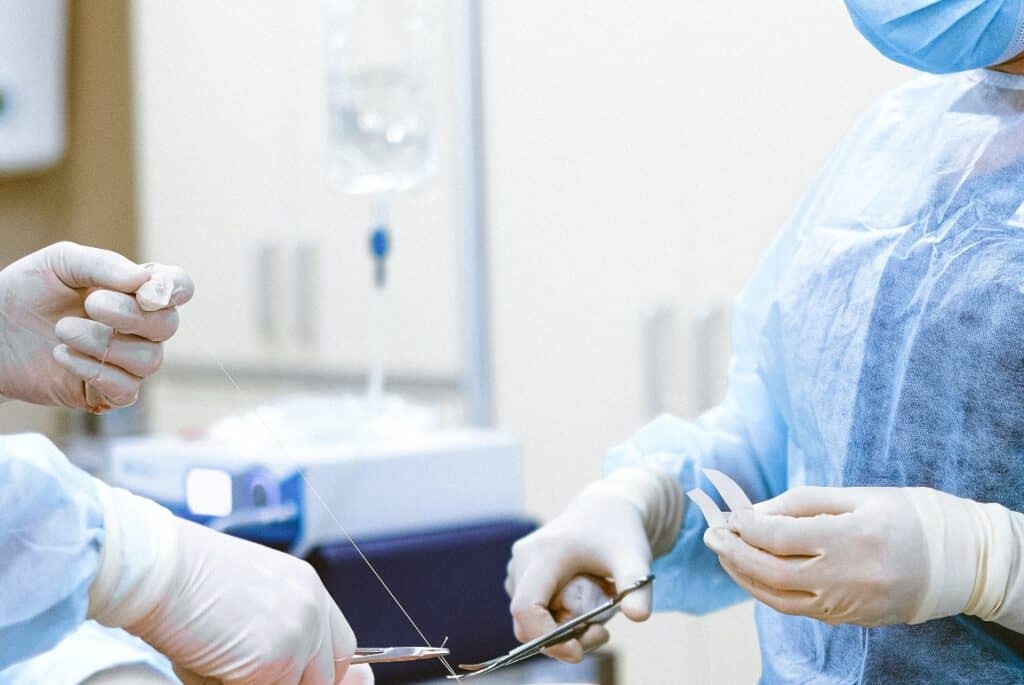
Image: Pexels
If your tooth is deeply impacted or the extraction requires an in-depth surgical approach, your dentist may refer you to an oral surgeon. As well as numbing the area with a local anaesthetic, your surgeon might also suggest sedation to ensure you’re comfortable during the procedure. This will suppress your consciousness during the procedure and you won’t feel any pain.
Under special circumstances, you might be offered general anaesthesia instead. This is administered via gas or an IV and you will have no memory of the procedure whatsoever. Your surgical team will closely monitor your medication, breathing, temperature, fluids and blood pressure to secure your comfort and safety. You will also be tested ahead of time to determine your suitability for this treatment.
Surgical wisdom teeth removal is usually an in-patient procedure, meaning you will be in and out of the operating room on the same day. Just be sure to have someone with you who can drive you home and stay with you for the next 24 hours.
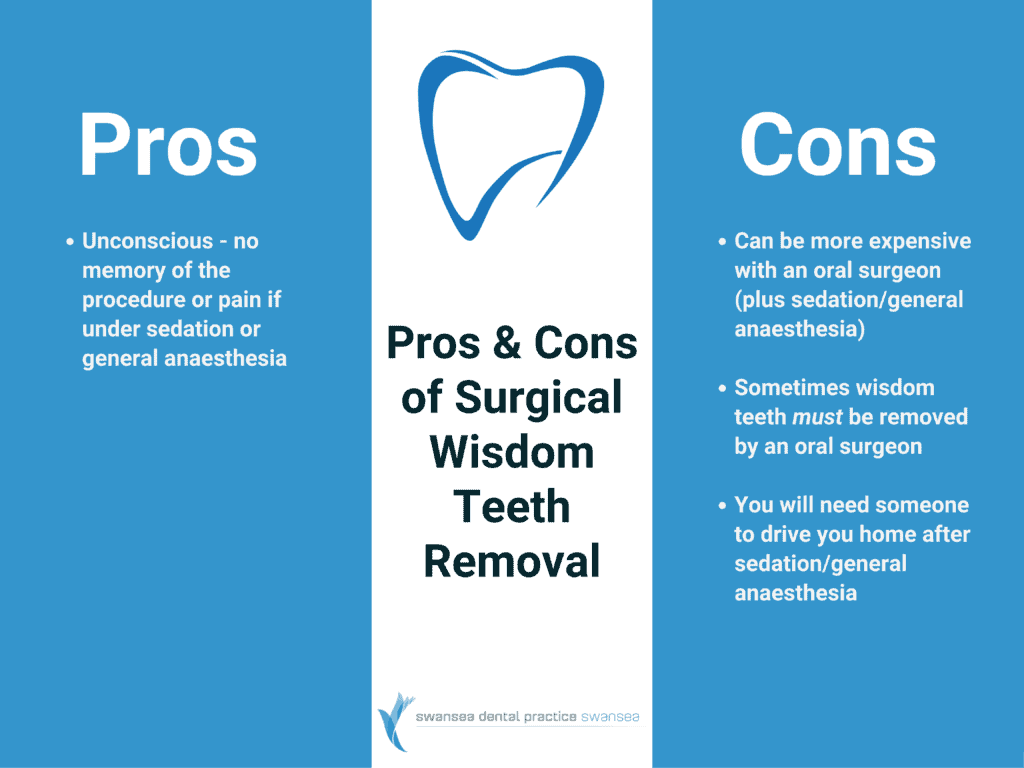
Can I choose between in-chair and surgical wisdom teeth removal?
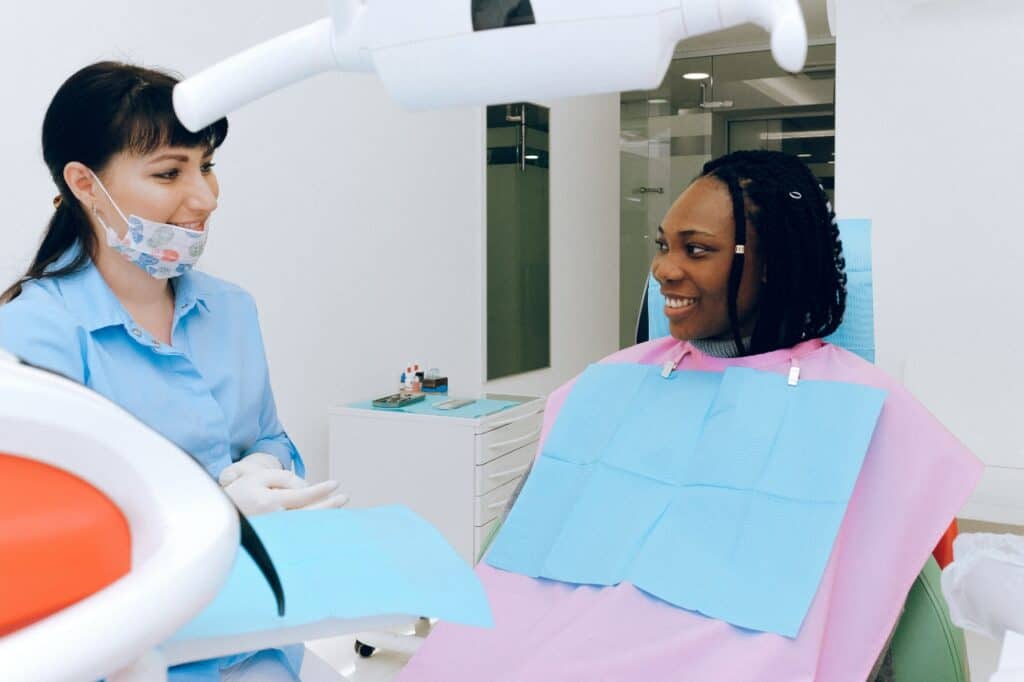
Image: Pexels
If you’re very nervous about the procedure and want general anaesthesia, you do have that option. You are welcome to make that choice. Alternatively, if the impaction is particularly severe or complicated, we will refer you to a trusted oral surgeon.
For the most part, however, we do recommend having the procedure done in the chair if possible. Our dentists can skillfully and painlessly remove your wisdom teeth here at Swansea Dental Practice and we will be sure to put your mind at ease from the moment we identify an impacted wisdom tooth.
We will administer a local anaesthetic so you won’t feel any pain and we can sedate you to ensure you’re comfortable as well as pain and anxiety-free.

